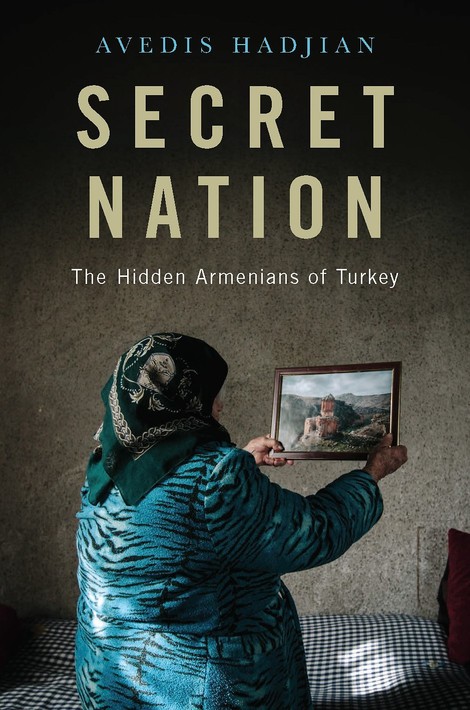Your podcast discovery platform
Curious minds select the most fascinating podcasts from around the world. Discover hand-piqd audio recommendations on your favorite topics.

piqer for: Globalization and politics Global finds
Neil Hauer is an independent analyst focused on Syria, Russia, and the Caucasus. Based in Tbilisi, Georgia, he served as senior intelligence analyst at The SecDev Group, an Ottawa-based geopolitical risk consultancy, for three years. He is presently engaged primarily on Russia’s role in the Syrian conflict.
Turkey Book Talk: Avedis Hadjian On The 'Hidden Armenians' Of Anatolia
Turkey Book Talk is a biweekly podcast by William Armstrong, based in Istanbul, that focuses on new publications by journalists, academics, and researchers focused on Turkey.
This episode, from late November, focuses on a fascinating topic: the 'hidden Armenians' of Turkey. Following the Armenian Genocide of 1915, many Armenian families converted to Islam, changed their names, and assimilated into the local Turkish or Kurdish population to avoid persecution. Their descendants, of Armenian blood and heritage, may now number up to two million. Many of them are now discovering their past and roots.
Avedis Hadjian, an American journalist of Armenian origin, traveled throughout Turkey, especially eastern Anatolia, to meet and document those who live this phenomenon. He experienced the entire panoply of Turkish politics among them, with most having thoroughly embraced their new identity, at least outwardly: from staunch Turkish nationalists to ardent leftists.
Perhaps the most interesting milieu is found in the Black Sea region of northeastern Turkey, specifically the town of Ardahan. The local population there is comprised of a subgroup known as Hemshinli, Armenians who largely converted to Islam much earlier than 1915: they began embracing it shortly after their migration to the region in the 8th century. Their tongue bears the hallmarks of an ancient Western Armenian dialect, but Ardahan itself is known as a hotbed of Turkish nationalism, centred on the Hemshin themselves. Hadjian even nearly gets into a fight over his suggestions of Armenianness to the wrong locals.
In all, an illuminating discussion of the extremely complex and seemingly contradictory shades ethnic identity can assume. As Hadjian himself says, although Ataturk sought to make the Turkish Republic a Turkish state, it remains a rump Ottoman Empire, with all the multiethnic characteristics that entails. I'll definitely be listening to Turkey Book Talk again.
